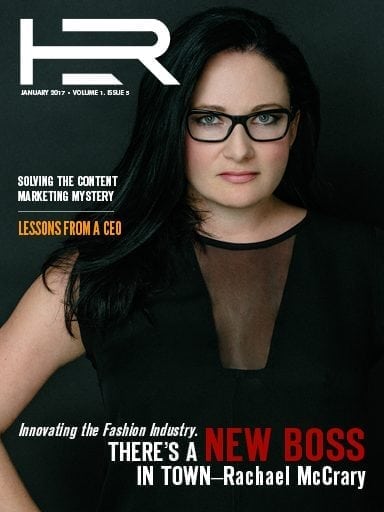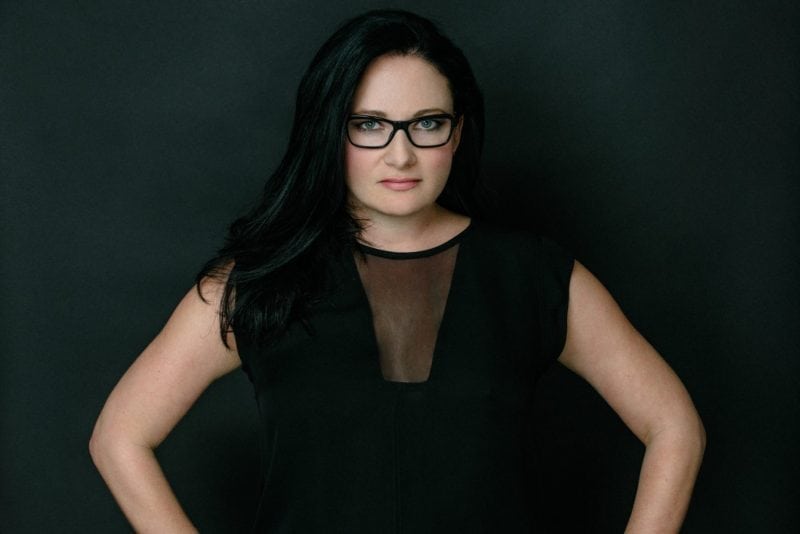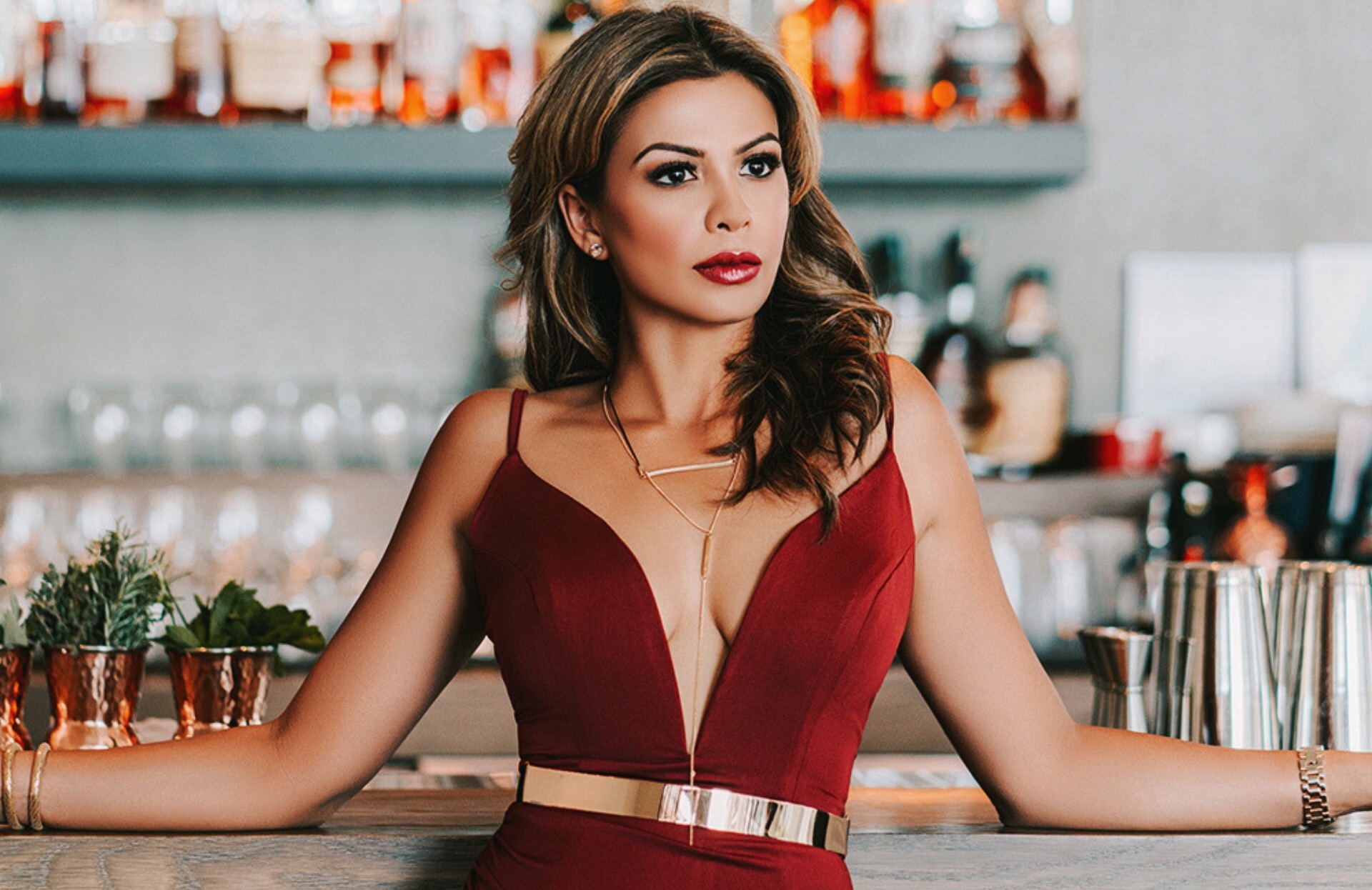You don’t have to be the highest, VC funded, new kid on the block to disrupt a billion dollar industry. In fact, sometimes the best way is to do it is Rachael McCrary’s way. Yes, the Founder of the body shaping lingerie company, Jewel Toned, had some funding. And yes she had fifteen years of experience in the lingerie industry already.
But creating a product that moves shapewear from underneath a bodycon dress, and becomes the bodycon dress in the middle of the club on a Thursday night, is something kind of new. Not to mention that making that same dress for a size six woman also looks great on a transwoman, a plus sized siren and new mothers who are breastfeeding.
That’s definitely something kind of new.
Rarely does a single clothing item prove to be functional and flattering on so many different body types. And yet Rachel pulled it off — for no other reason than that she really believed, after years of listening to women and their body concerns, that she could be the one to break the mold.
And lucky for all of us she really did, and she’s not shy about sharing how she pulled it off.
Step one: She Kept It Real
Real as in she listening to women express what they really needed from their lingerie products. It wasn’t hard to do; with over a decade worth of experience designing for women in New York City, Rachael had plenty of time to talk to learn what really works and what doesn’t.
“I’ve just been talking to women for about twenty years about their underwear choices,” she says. “Likes and dislikes. The needs and what should evolve.”
Through the feedback, she says, she started to notice the patterns.
“I just heard their stories consistently about how they had to take their shape wear off on a date. Or how it made them feel about themselves. Or almost apologize for even wearing it. Or being proud of the fact that they didn’t need it, if they don’t wear it.”
It was this sort of intel that not only helped her develop a product for the masses unlike any made before it, but also to craft a message more authentic than the brand titans that came before her.
“When we were coming up with our branding message, there was a lot out there with a vibe of ‘Rah! Rah! Girl power!” that seemed a little bubble gum, generic and like a blanket statement. We wanted to be a little more specific and real and address concerns,” she says. “We have an authentic and transparent real approach. Instead of brands that talk from an elevated perspective to their consumer, We’re like ‘Hey! We have this issue too,’ and bring awareness to it, instead of shaming them and talking down to them. It makes people feel better.”

Read my full interview with Rachael McCrary inside HER Magazine. Access January’s issue by downloading our magazine in iTunes or Google Play.








